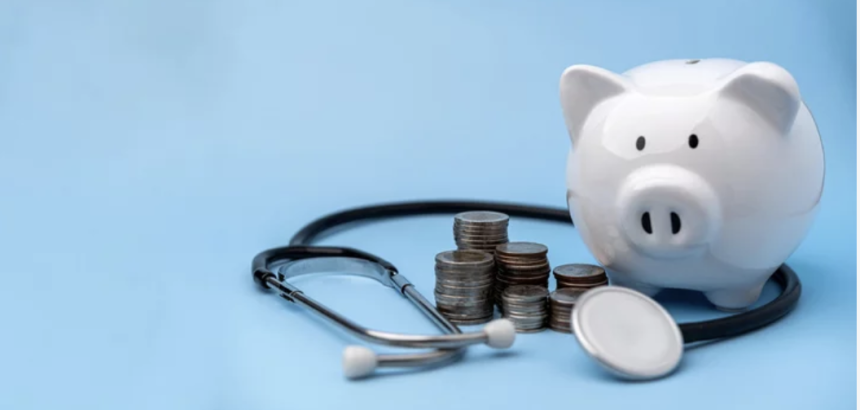The debt burden for professionals in healthcare fields like medicine, dentistry, veterinary medicine, and pharmacy can indeed be quite significant, but there are strategies to manage and potentially reduce this debt. Let’s first look at the extent of the debt in each field and then explore ways to avoid or minimize it.
Extent of Debt
-
- Physician Debt: Medical school graduates often face debts exceeding $200,000 due to high tuition costs and living expenses.
-
- Dentist Debt: Dental school can lead to debts ranging from $200,000 to $500,000, as dental education is costly and includes additional expenses for equipment and materials.
-
- Veterinarian Debt: Vet school graduates face high debt, typically around $150,000 to $200,000, with the added challenge of generally lower earning potential compared to human medical fields.
-
- Pharmacist Debt: Pharmacy school graduates might accumulate debt in the range of $100,000 to $200,000, influenced by the duration and cost of their educational programs.
I must say that those numbers do not include specializing!!
Strategies to Avoid or Minimize Debt
-
- Scholarships and Grants: Actively seeking scholarships and grants can significantly reduce educational costs. These do not require repayment and can cover a portion or even all tuition fees. There are a plethora of those available.
-
- Public Service Loan Forgiveness: Programs like the Public Service Loan Forgiveness (PSLF) in the U.S. offer loan forgiveness for physicians, dentists, veterinarians, and pharmacists working in public service or non-profit sectors after making 120 qualifying payments.
-
- Community or Military Service: Some programs offer loan repayment or forgiveness in exchange for a commitment to serve in underserved communities or the military.
-
- Choosing Less Expensive Schools: Opting for in-state or public schools where tuition is generally lower can reduce the overall debt burden.
-
- Refinancing Student Loans: Refinancing can potentially lower interest rates and reduce the total amount paid over time. But it’s so important to refinance at the right time, and if the debtee understands what refinancing truly entails.
-
- State or Employer-Specific Loan Repayment Programs: Certain states or employers offer loan repayment programs as incentives to work in specific areas or fields. I was a recipient of a state loan repayment program and was awarded $50,000 tax free; that helped a lot.
-
- Minimizing Living Expenses: Living frugally during school and the early years of one’s career can significantly impact the amount of debt accrued. I know, I know, you have worked hard to be where you are now but focusing on things of value that will make you money over things that do not will impact your financial wellness significantly.
The information provided in these programs is for informational and educational purposes only. It does not constitute tax, investment, or legal advice. If you are seeking such advice, you should seek the assistance of a qualified professional.”
Dr. Caroline Clerisme


Leave a Reply